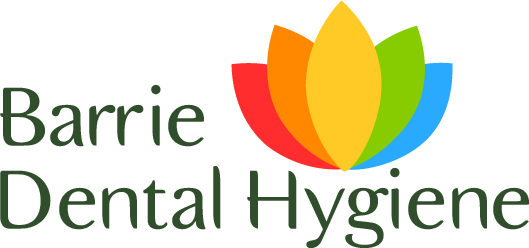You Are What You Absorb
The saying “You are what you eat” is commonly heard in nutritional and diet circles. The reality is “you are what you absorb”. We can spend money on super supplements, superfoods and the best food available but do we really absorb the nutrients that we need to function, prevent disease and stay healthy?
There are several factors that determine how well we absorb the nutrients in our food and supplements.
Enough water – 75% of our body is made up of water, we need to take in water between meals to help move the vitamins, minerals, and hormones throughout our bodies, and it is also required to remove the wastes out of our bodies.
Dehydration- caused by high protein food choices, caffeine drinks (two cups of water are needed to break even with one cup of coffee) and diuretic medications
Fibre – our digestive system works best with lots of vegetables, fruits, whole grains, legumes, raw seeds and nuts- one meal in, one meal out! The right amount of fibre raises metabolism and increases weight loss.
Digestion begins when we sit down for a meal. Taking the time to look at our food, giving thanks and really appreciating all the work that went into growing and preparing the meal helps absorption. As the saliva starts to flow, the digestive enzymes mix with the food as we chew. Chewing for a good length of time allows for best absorption and we actually feel full sooner so we do not overeat. Once the food is swallowed it reaches the stomach where it mixes with stomach (hydrochloric) acid. If we have symptoms of gas, bloating, bad breath and/or burning sensations after eating, it could be a sign of low stomach acid. Our food will not be absorbed without enough stomach acid.
Causes of low stomach acid are:
A diet high in red meat, dairy and processed/fast foods
Microwaved food - which is unrecognizable during digestion
Drinking chlorinated water, pop or cold beverages during meals
Stress and unhappy relationships directly affect how well we absorb our food
Coffee and nicotine will empty the stomach too quickly
Use of antacids
Low salt intake (sea salt recommended)
Poor food combinations
Digestion and colon problems are amongst the most widespread health problems of the modern world. How can this happen when we have access to so much in our grocery and health food stores?
A few easy ways to increase the absorption of the food we eat are:
To help our personal plumbing (elimination) drink 1 tablespoon of finely powdered psyllium hulls (not seeds) in hot water first thing in the morning to normalize bowel function.
Eat fruit on its own between or before a meal.
Drink lots of spring or filtered room-temperate water between meals.
Take vitamins and supplements with food, unless recommended differently by a nutritionist, doctor or naturopath, this allows for best absorption.
Increase daily fibre with snacks of vegetables, nuts and seeds.
Eat fermented foods to increase good bacteria in intestines – recent antibiotic use will need to supplement with probiotics.
Good food combinations – 50-60% of our diet should be vegetables and fruit, the rest (40%) should be concentrated protein – seeds, beans, peas, lentils, nuts, ocean fish, drug-free poultry and beef, whole grains (other than wheat) and fermented dairy products.
Be thankful, enjoy meals times and share with friends and family!

